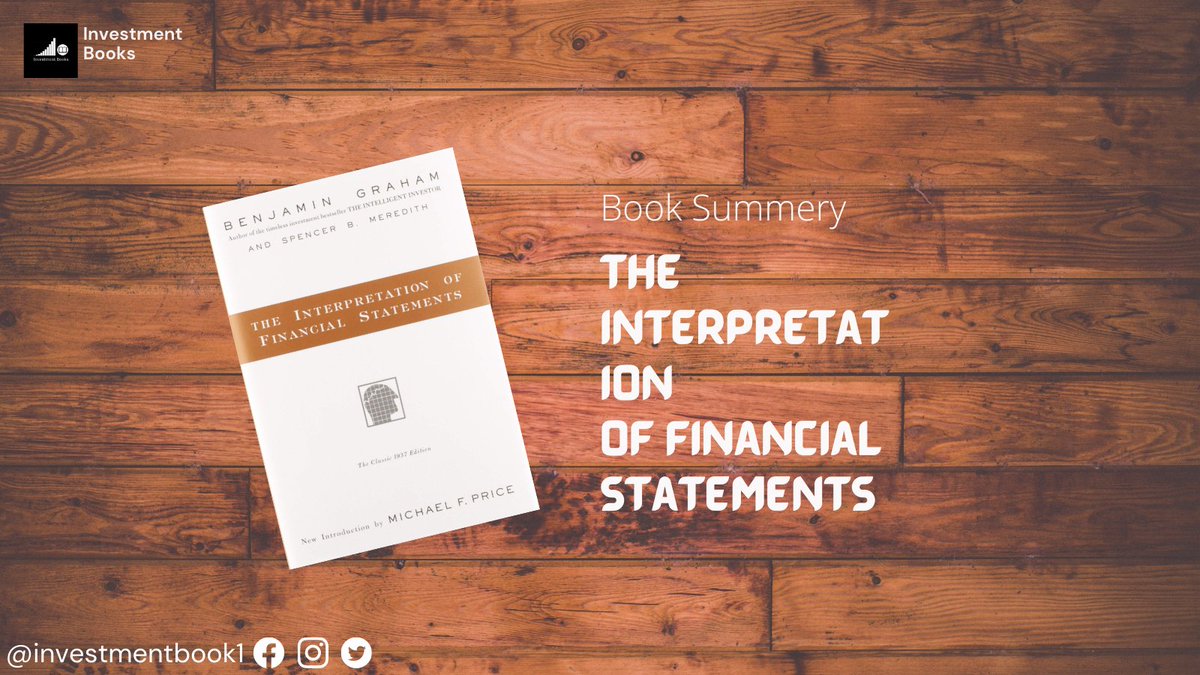More from Investment Books (Dhaval)
Thread Best books recommendation by one of best investor I knew @insharebazaar (Virtually)
He grab many multibagger stocks and His style also unique(1st Seen interview in @TraderHarneet's YT Channel)
He follow Simple process
Young Intelligent Investor who also appeared in ET
1. One Up On Wall Street
2. Rich Dad Poor Dad
Access here : https://t.co/UWOCF732z6
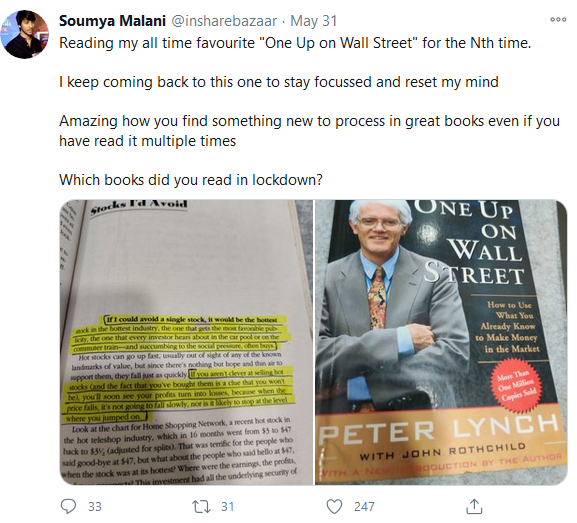
3. The Unusual Billionaires
4. Trading in the Zone
https://t.co/G7mqVPtEM0
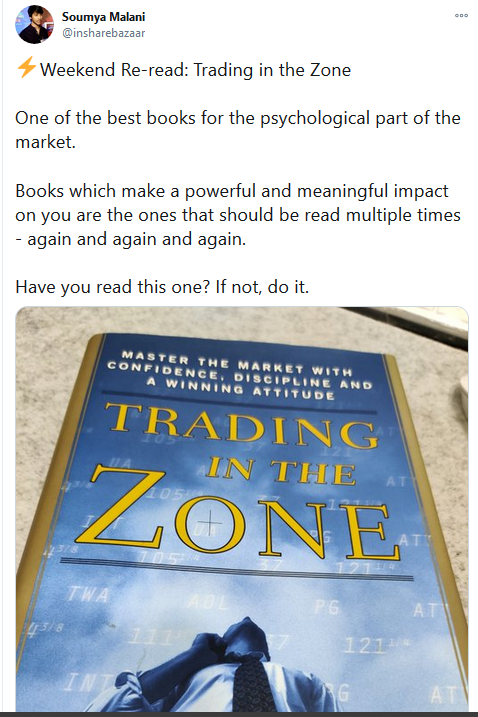
5. Market Wizards
6. The Intelligent Investor
https://t.co/yPKBzYyPAl
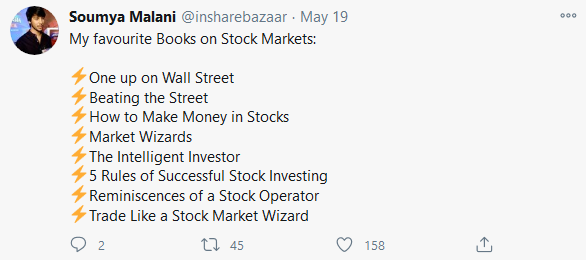
7. The Five Rules for Successful Stock Investing
8. Reminiscences of a Stock Operator
https://t.co/PiioB3hdHP
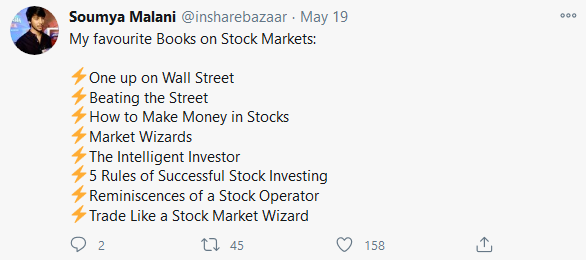
He grab many multibagger stocks and His style also unique(1st Seen interview in @TraderHarneet's YT Channel)
He follow Simple process
Young Intelligent Investor who also appeared in ET
1. One Up On Wall Street
2. Rich Dad Poor Dad
Access here : https://t.co/UWOCF732z6

3. The Unusual Billionaires
4. Trading in the Zone
https://t.co/G7mqVPtEM0

5. Market Wizards
6. The Intelligent Investor
https://t.co/yPKBzYyPAl

7. The Five Rules for Successful Stock Investing
8. Reminiscences of a Stock Operator
https://t.co/PiioB3hdHP

More from Finance
You May Also Like
Stan Lee’s fictional superheroes lived in the real New York. Here’s where they lived, and why. https://t.co/oV1IGGN8R6

Stan Lee, who died Monday at 95, was born in Manhattan and graduated from DeWitt Clinton High School in the Bronx. His pulp-fiction heroes have come to define much of popular culture in the early 21st century.
Tying Marvel’s stable of pulp-fiction heroes to a real place — New York — served a counterbalance to the sometimes gravity-challenged action and the improbability of the stories. That was just what Stan Lee wanted. https://t.co/rDosqzpP8i

The New York universe hooked readers. And the artists drew what they were familiar with, which made the Marvel universe authentic-looking, down to the water towers atop many of the buildings. https://t.co/rDosqzpP8i

The Avengers Mansion was a Beaux-Arts palace. Fans know it as 890 Fifth Avenue. The Frick Collection, which now occupies the place, uses the address of the front door: 1 East 70th Street.

Stan Lee, who died Monday at 95, was born in Manhattan and graduated from DeWitt Clinton High School in the Bronx. His pulp-fiction heroes have come to define much of popular culture in the early 21st century.
Tying Marvel’s stable of pulp-fiction heroes to a real place — New York — served a counterbalance to the sometimes gravity-challenged action and the improbability of the stories. That was just what Stan Lee wanted. https://t.co/rDosqzpP8i

The New York universe hooked readers. And the artists drew what they were familiar with, which made the Marvel universe authentic-looking, down to the water towers atop many of the buildings. https://t.co/rDosqzpP8i

The Avengers Mansion was a Beaux-Arts palace. Fans know it as 890 Fifth Avenue. The Frick Collection, which now occupies the place, uses the address of the front door: 1 East 70th Street.




